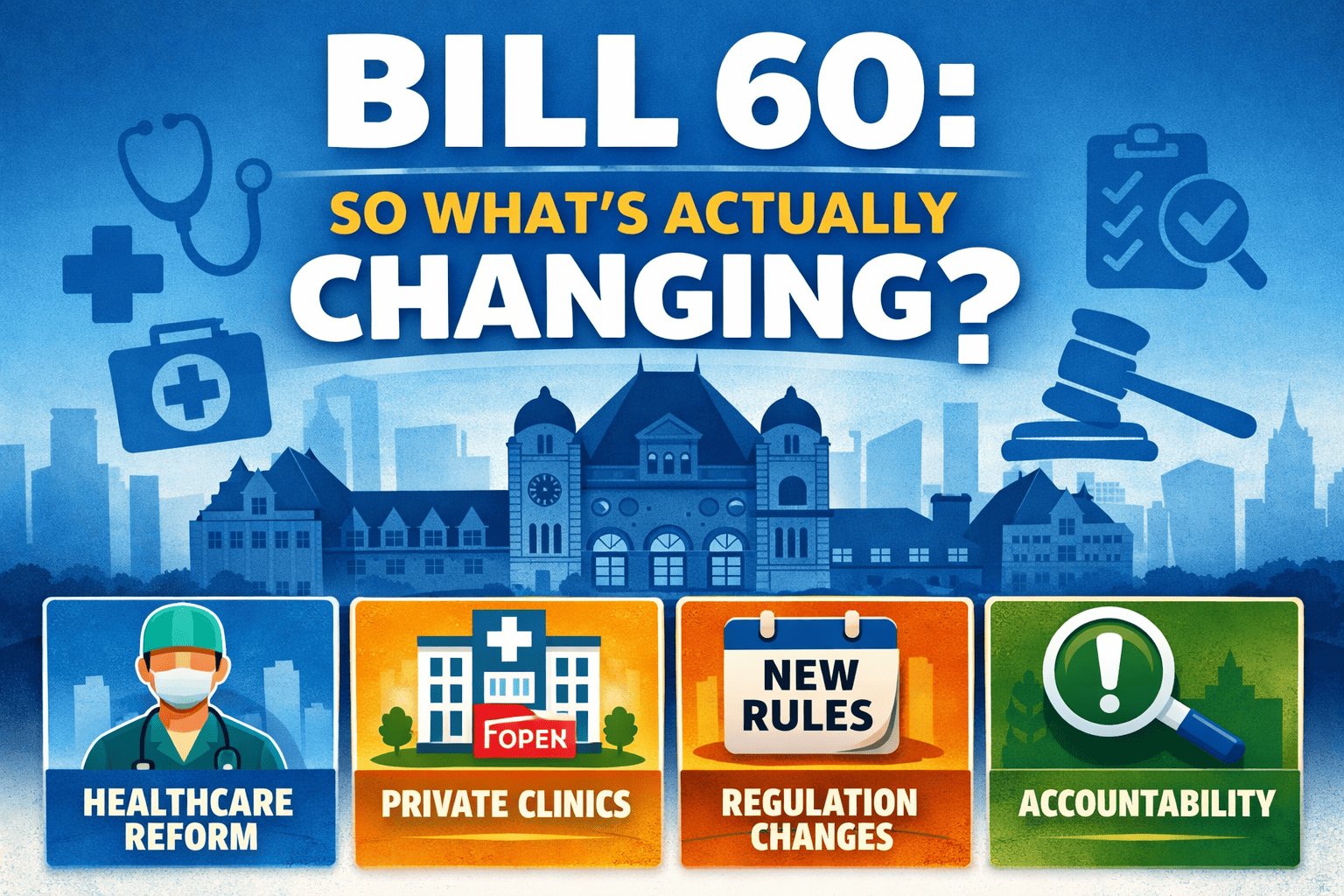Navigating the Canadian rental market in 2025 means grasping the factors that make property values tick—and understanding how to make smart choices. This post serves as your guide, breaking down the key elements at play and sharing strategies for smart investing.
We’ll look at the big picture, from national economic trends to the unique vibes of different cities, to help you understand Canadian property values and boost your chances of success.
Economic Factors Impacting Rental Property Values
The economy is a big deal when it comes to rental properties. Smart investors keep a close eye on these key indicators:
- Interest Rates: Rates can be a real game-changer. When interest rates jump, borrowing becomes pricier, and fewer people can afford to buy homes. This often drives more people to rent. But when rates drop, the housing market gets a boost, eventually influencing rental trends. For example, even a small 1% increase in interest rates can make a big difference in how affordable a property is.
- Inflation and the Cost of Living: As the cost of, well, everything goes up, so does the pressure on tenants to pay rent, and landlords might find it harder to hike prices. This can impact the success of your investment, making it important to consider rental property investment factors like vacancy rates and the potential for tenant turnover.
- Taxes and Deductions: Taxes can also have a significant impact on your rental property’s financial performance. Property tax increases, for example, can reduce your overall profit margin if rent prices can’t keep pace. On the bright side, landlords in Canada can take advantage of several deductions—like mortgage interest, maintenance expenses, and property management fees—that help offset taxable income. Understanding these rental property tax deductions in Canada is key to maximizing your return.
- Employment Rates: A strong job market is a rental property’s best friend. High employment means more people have a steady income and can consistently pay rent, which means a stable demand for your units. Conversely, economic slowdowns can lead to higher vacancies and lower rental income—a direct hit to your investment returns.
- Government Policies: Government policies matter, too. Incentives that encourage new rental units can increase the supply and slow down rent increases. On the flip side, things like rent control can affect Canadian law property value increase limitations. Staying informed about these policies and adapting accordingly is critical for long-term success.
Supply and Demand Dynamics in the Canadian Market
Understanding supply and demand is key to understanding Canadian rental market trends. A shift in this balance can drastically change the market.
- Population Growth and Immigration: Canada’s growing population, heavily influenced by immigration, drives up the demand for housing, including rentals. Areas with high immigration rates often see more competition and higher prices. Check out this overview of how immigration affects the rental market if you’re curious about the numbers.
- Housing Supply Shortages: Many Canadian cities are still wrestling with housing shortages. In areas with few options, rental prices can outpace economic growth and wage increases. It’s a hot topic in the public and a sign that we need more housing. In tight markets like these, keeping your property in top shape is a must—here’s a guide to managing rental property maintenance and repairs.
- Rental Caps and Regulations: Rent control and other policies can protect tenants, but they can sometimes discourage new construction and investment, potentially reducing the overall supply. The Landlord-Tenant Act in the GTA is an important way to remain compliant. You should also use Ontario’s standard lease agreement to avoid fines.
Regional Variations in Rental Property Values
The Canadian rental market isn’t a one-size-fits-all deal. Let’s check the differences between each province.
Toronto vs. Vancouver vs. Calgary:
- Toronto
The Greater Toronto Area (GTA) usually has high demand and prices, driven by a dense urban landscape, plenty of jobs, and high immigration. But it is important to stay aware of local regulations and the competition. Knowing the pros and cons of buying a rental property in Toronto and how to deal with difficult tenants can make a big difference. If you are having trouble, reach out for help in handling difficult tenants in Toronto with our property management services.
- Vancouver
Expect a competitive market and high prices. Demand is constantly higher than supply, influenced by geographic limitations, natural beauty, and a booming economy. Many landlords turn to Vancouver property management experts to help them navigate this fast-moving market.
- Calgary
Calgary’s market can fluctuate based on oil prices and economic cycles; it’s a key element for all investors to take into consideration.
- Emerging Rental Hotspots
Secondary markets offer a more appealing and cost-effective housing option. Consider cities like Ottawa, Edmonton, and Halifax, where affordability and quality of life are attracting renters.
Rental Property Features That Influence Value
Tenants want specific features, which can increase value for you.
- Smart Home Technology: Adding smart tech is becoming a major factor. Features like smart thermostats and remote access capabilities make properties more appealing and can enhance value. See how smart technology can enhance your living and increase your property’s value.
- Energy Efficiency and Green Buildings: Everyone wants to save money on utilities. Energy-efficient features translate to lower bills for tenants and can support higher rental rates. These make them attractive for renters, which translates to increased market value.
- Property Size, Location, and Amenities: Location, size, and amenities are critical. Unit size, location, and added amenities greatly impact a property’s value.
Market Trends and Future Outlook
Looking ahead is key to your success.
- Predictions for the next 5 years in the rental market: Given the high demand in many and the interest rates, expect prices to stay high. This depends on the big picture, as well as the pace of new housing supply.
- Advice for Landlords and Investors:
- Stay Updated: Keep an eye on real estate market changes. It’s important to track how property values change in specific areas (by address) and to stay aware of general market trends across Canada.
- Diversify: Spread out your risk by investing in different locations and property types.
- Consider Professional Help: Working with a property manager to manage daily operations can be efficient.
Investing in a rental property in Toronto requires you to know the market. Knowing the pros and cons of buying a rental property in Toronto is important. Also, long-term vs. short-term rental investments can influence your investment strategy.
Things to Keep in Mind:
What Should Landlords and Investors Do?
- Stay current with Canadian rental market news.
- Consider long-term vs. short-term rental investments and which suits your goals.
- Know landlord responsibilities in Ontario.
- Use tools like rental property accounting and bookkeeping to manage cash flow.
- Plan for unexpected situations like inheriting real estate in Canada.
- Work with professionals – choosing the best property management company is a smart step.
- Also, don’t forget that tenant retention strategies can help you reduce vacancies and increase long-term value.
Understanding the Canadian rental market, especially the factors affecting property values in Canada, is key to any real estate investor’s success. Economic indicators like interest rates, employment, and supply and demand all come together to shape it. Being informed will give you an edge.
If you want help, consider a property management firm. Ready to jump in? Get expert property management assistance and get some peace of mind.





